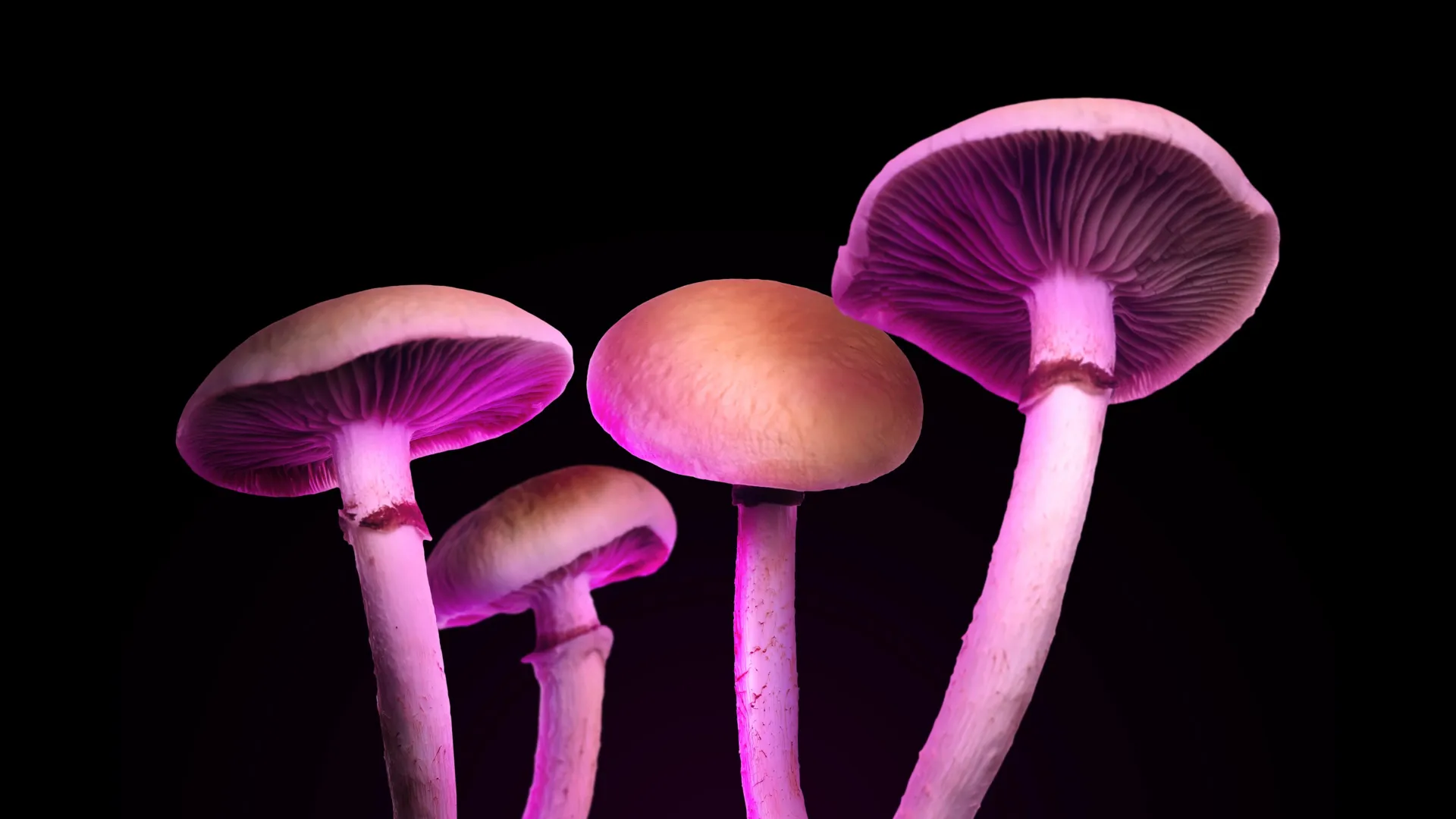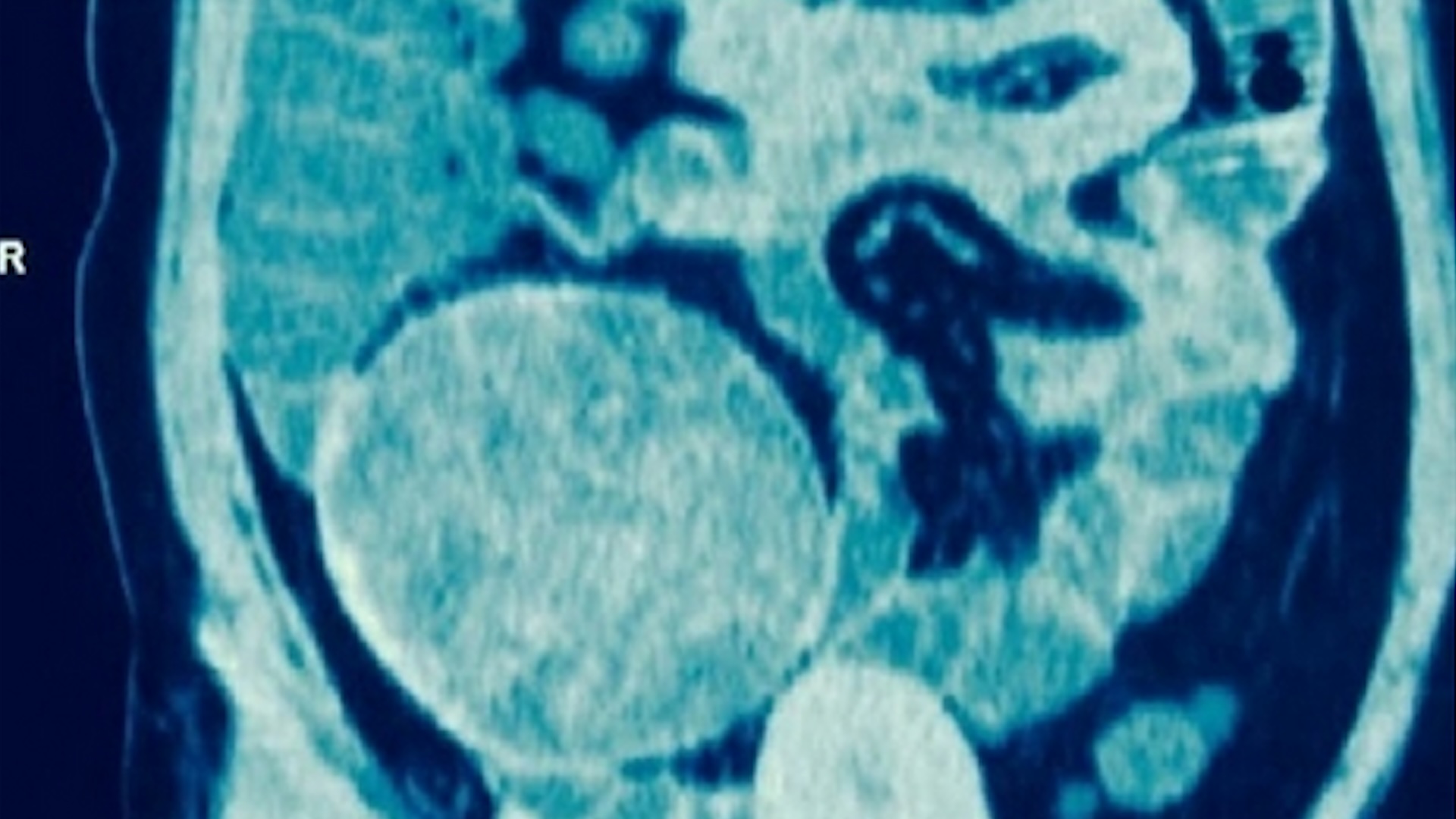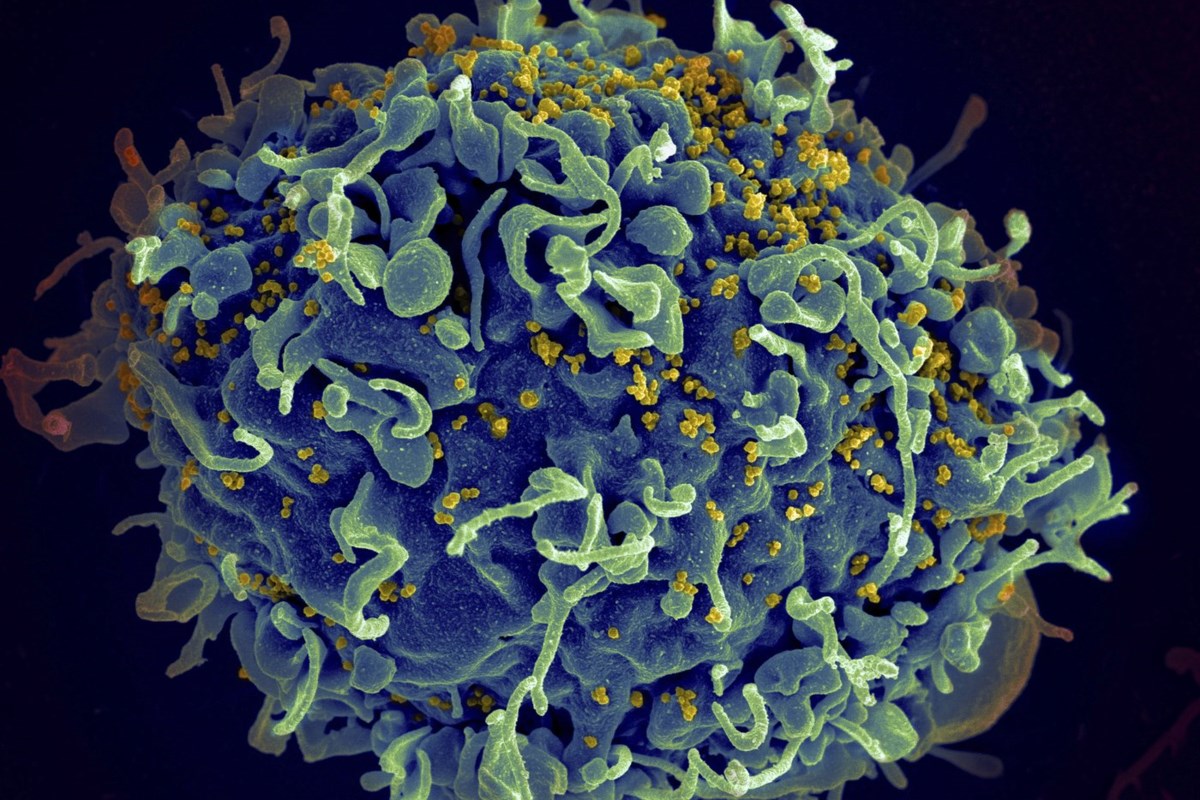Could Mushrooms Hold the Secret to Anti-Aging? Shocking New Research Reveals All!

What if a tiny mushroom could unlock the secret to living longer and better? The booming anti-aging market, now over $500 million, has something surprising to say about that. At Emory University, researchers have found a compound that doesn't just promise beauty but actively delays aging in both cells and organisms!
A groundbreaking study recently published in Nature Partner Journals' Aging shines a light on psilocin, a compound derived from psilocybin—the active ingredient in psychedelic mushrooms. This magical ingredient has been found to extend the cellular lifespan of human skin and lung cells by an astonishing 50%!
But that’s not all. In an innovative long-term study, scientists turned their gaze to aged mice—equivalent to 60-65 human years—and discovered that those who received psilocybin experienced a staggering 30% increase in survival rates compared to their untreated counterparts. These lucky rodents also flaunted healthier features: glistening fur, fewer gray hairs, and even hair regrowth. Talk about a makeover!
Traditionally, psilocybin has been explored for its mental health benefits, but this study dives deeper, revealing its potential to tackle the very hallmarks of aging. By reducing oxidative stress, enhancing DNA repair, and preserving telomere length—the protective caps on our chromosomes—psilocybin could change the game for age-related diseases like cancer and neurodegeneration.
As Louise Hecker, PhD, the study's senior author, points out, most cells in our bodies have serotonin receptors, hinting at psilocybin's vast potential in influencing systemic aging. “Our study opens new questions about what long-term treatments can do,” she notes, suggesting that even late-in-life interventions could lead to significant improvements in survival and quality of life.
This revolutionary research comes at a time when U.S. life expectancy is lagging behind other developed nations, standing at 78.4 years compared to an average of 82.5 elsewhere. While life expectancy in similar countries increased significantly between 1980 and 2022, the U.S. barely nudged up by 4.7 years. Is psilocybin the answer to not just living longer, but living better?
Dr. Ali John Zarrabi, the Director of Psychedelic Research at Emory University, emphasizes the importance of this research, stating, “This study provides strong preclinical evidence that psilocybin may contribute to healthier aging—not just a longer lifespan, but a better quality of life in later years.” He expresses hope that if FDA approval for psilocybin-assisted therapy for depression comes in 2027, it could pave the way for a happier, healthier life in older adults.
The journey doesn’t stop here; Emory is already involved in Phases II and III clinical trials for psilocybin-assisted therapy, aiming to deepen our understanding of its systemic effects on aging populations.




























